As the sun climbs higher in the sky and temperatures soar, it’s time to pay special attention to one of the most fundamental aspects of health: hydration.
While staying properly hydrated is essential for people of all ages, it becomes even more critical for older adults, particularly during the hot summer months.
As we age, our bodies undergo various changes that can affect our hydration levels. The sensation of thirst may diminish with age, making it easier to overlook the body’s signals for water. Additionally, many seniors may be taking medications that can increase the risk of dehydration by causing increased urination or reducing the body’s ability to retain fluids.
But why is hydration so crucial for older adults, especially during the summer? Let’s explore some of the key reasons:
Regulating Body Temperature:
One of the primary functions of water in the body is to help regulate temperature through sweating and cooling. Seniors are more susceptible to heat-related illnesses like heat stroke or heat exhaustion, making adequate hydration vital for maintaining a healthy body temperature.
Supporting Organ Function:
Proper hydration is essential for the optimal function of organs such as the kidneys, which play a crucial role in filtering waste products from the blood and regulating fluid balance. Dehydration can strain the kidneys and increase the risk of urinary tract infections and other complications.
Preventing Falls and Dizziness:
Dehydration can lead to dizziness, weakness, and low blood pressure, increasing the risk of falls, particularly among older adults who may already be prone to balance issues. Staying hydrated can help maintain blood pressure and reduce the likelihood of falls.
Improving Cognitive Function:
Research suggests that even mild dehydration can impair cognitive function, including attention, memory, and mood. For older adults, staying hydrated is essential for maintaining mental clarity and reducing the risk of confusion or delirium.
So, how can adults ensure they stay adequately hydrated during the summer months? Here are some practical tips:
Drink Plenty of Water:
Encourage seniors to sip water throughout the day, even if they don’t feel thirsty. Carry a reusable water bottle and aim for at least 8 glasses of water per day, or more if spending time outdoors or engaging in physical activity.
Eat Hydrating Food:
Many fruits and vegetables have a high water content and can contribute to overall hydration. This can include foods like:
- Watermelon
- Cucumbers
- Oranges
- Strawberries
- Tomatoes
Avoid Dehydrating Beverages:
Limit intake of caffeinated or alcoholic beverages, which can increase fluid loss and contribute to dehydration. Opt for water, herbal teas, or electrolyte-rich drinks instead.
Monitor Urine Colour:
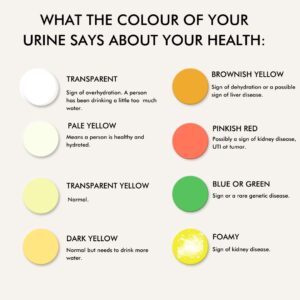
Encourage seniors to pay attention to the colour of their urine, aiming for pale yellow or clear urine, which indicates adequate hydration. Dark yellow urine may signal dehydration and the need to drink more water.
Use this handy colour chart for assistance.
Keep Cool:
Minimise exposure to extreme heat by staying indoors during the hottest part of the day, wearing lightweight, breathable clothing, and using fans or air conditioning to stay cool.
By prioritising hydration and taking proactive steps to ensure adequate fluid intake, older adults can stay healthy, active, and comfortable throughout the summer season. Remember, the simple act of sipping water regularly can make a world of difference in promoting wellness and vitality for seniors.
So, this summer, let’s raise a glass to good health and hydration for our beloved seniors!





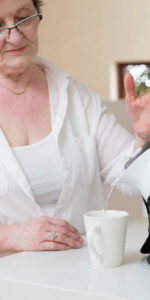


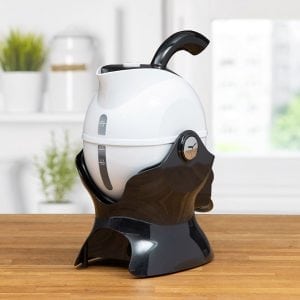
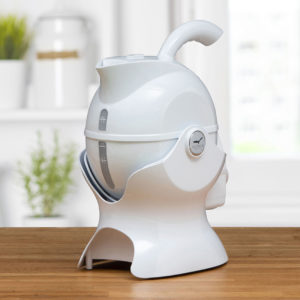
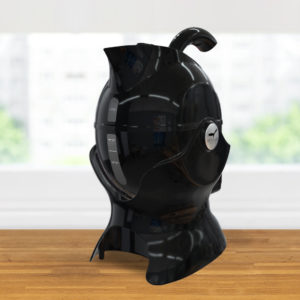
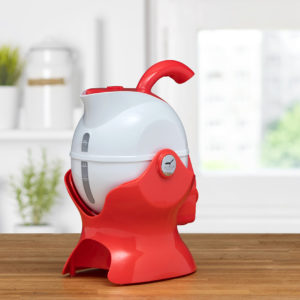

Leave a Comment